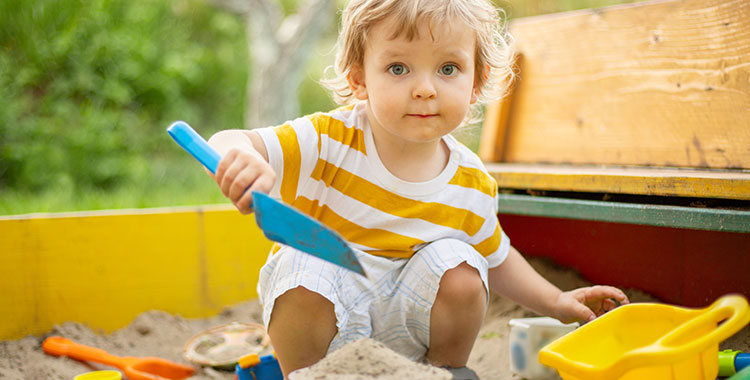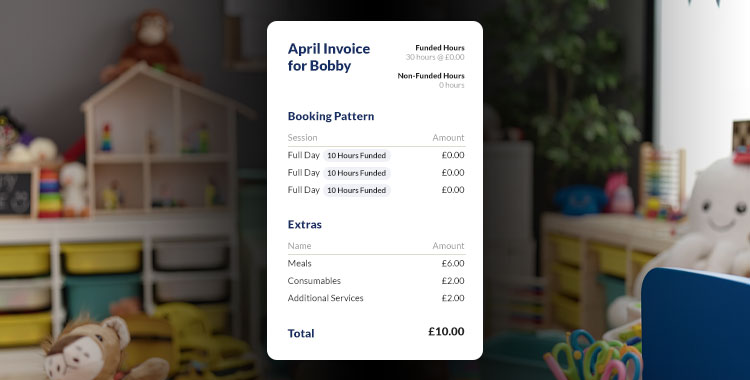Play is not just a simple activity for children to pass the time; it is an essential part of their early development and growth. Through play, children explore the world, understand social norms, develop critical cognitive skills, and gain many physical and emotional benefits. This blog delves into the significance of play in the holistic development of young children, outlining why it is pivotal at every stage of their early education.
Understanding Play and Its Importance
Play is the children’s language. Through play, children learn to interact with the world around them. It serves multiple functions in child development, from boosting brain structure to enhancing social skills. By recognising the various dimensions of play, educators and parents can better support children’s growth and learning.
Cognitive Development Through Play
Play stimulates children’s brains, encouraging them to continually learn and practice new skills. Activities like puzzles, building blocks, and games help develop problem-solving skills and improve attention, memory, and decision-making capabilities. Playful learning can be seen as the foundation of a child’s ability to understand academic concepts later in life.
Social Skills and Emotional Growth
Play is critical in teaching children how to work in groups, share, negotiate, resolve conflicts, and learn self-advocacy skills. Role-playing and cooperative games are particularly effective in promoting empathy and understanding of social cues. Through these interactions, children learn how to express and manage their feelings and understand the emotions of others.
Physical Development
Physical play, including running, jumping, and ball games, enhances children’s motor skills, balance, and coordination. It also promotes health and fitness, helping establish healthy lifestyle patterns.
Integrating Play into Early Childhood Education
Incorporating play into the curriculum isn’t just beneficial; it’s necessary for developing well-rounded individuals. Here are ways educators can integrate play effectively:
Creating Diverse Play Opportunities
It’s important to offer various types of play, including structured, unstructured, solitary, and social play. This diversity ensures that play meets the developmental needs of all children, regardless of their interests or abilities.
Using Play to Reinforce Learning
Educators can use play to reinforce learning by integrating educational concepts into play scenarios, such as using counting games to teach math or story enactments to improve language skills. This method makes learning engaging and relatable, enhancing children’s retention and enjoyment.
Environment That Encourages Play
A well-designed play environment stimulates creativity and exploration. Nursery in a Box can help educators design safe and inviting spaces with appropriate tools and resources that encourage children to engage deeply in play.
Supporting Play with Nursery in a Box
Nursery in a Box isn’t just about management; it’s also a resource for enhancing children’s play experiences. The software includes features that help plan and document play activities, track developmental milestones achieved through play, and communicate these advances to parents.
Planning and Customizing Play Activities
Utilise Nursery in a Box to plan diverse and developmentally appropriate play activities that cater to the needs of different age groups and abilities.
Monitoring Progress Through Play
With digital tools, educators can monitor and record children’s progress through various play activities. They can use this data to inform future curriculum decisions and provide feedback to parents.
Conclusion: Play as a Pillar of Early Education
The importance of play in early childhood education cannot be overstated. It is a critical educational tool that supports the child’s development—intellectually, socially, physically, and emotionally. By understanding and integrating play into daily routines, educators ensure that children learn and enjoy the growth process. With tools like Nursery in a Box, educators have the support they need to maximise the benefits of play, ensuring every child has the foundation they need to succeed in all areas of life.

Hannah
Marketing Manager




